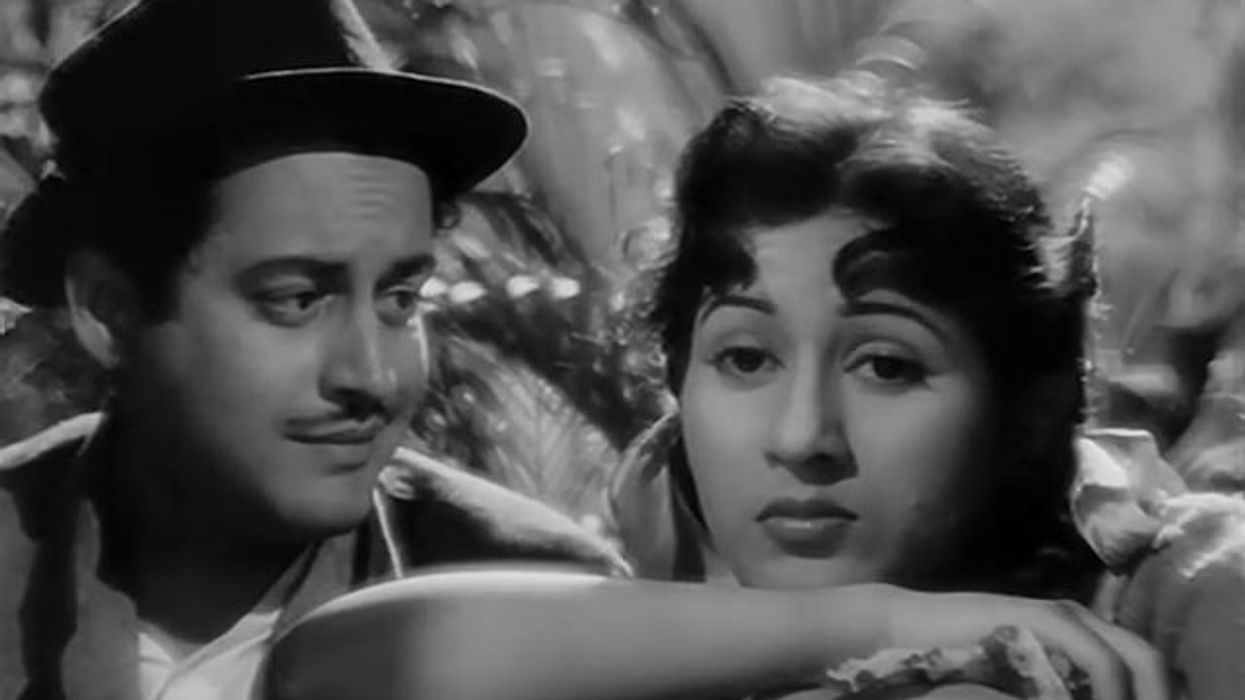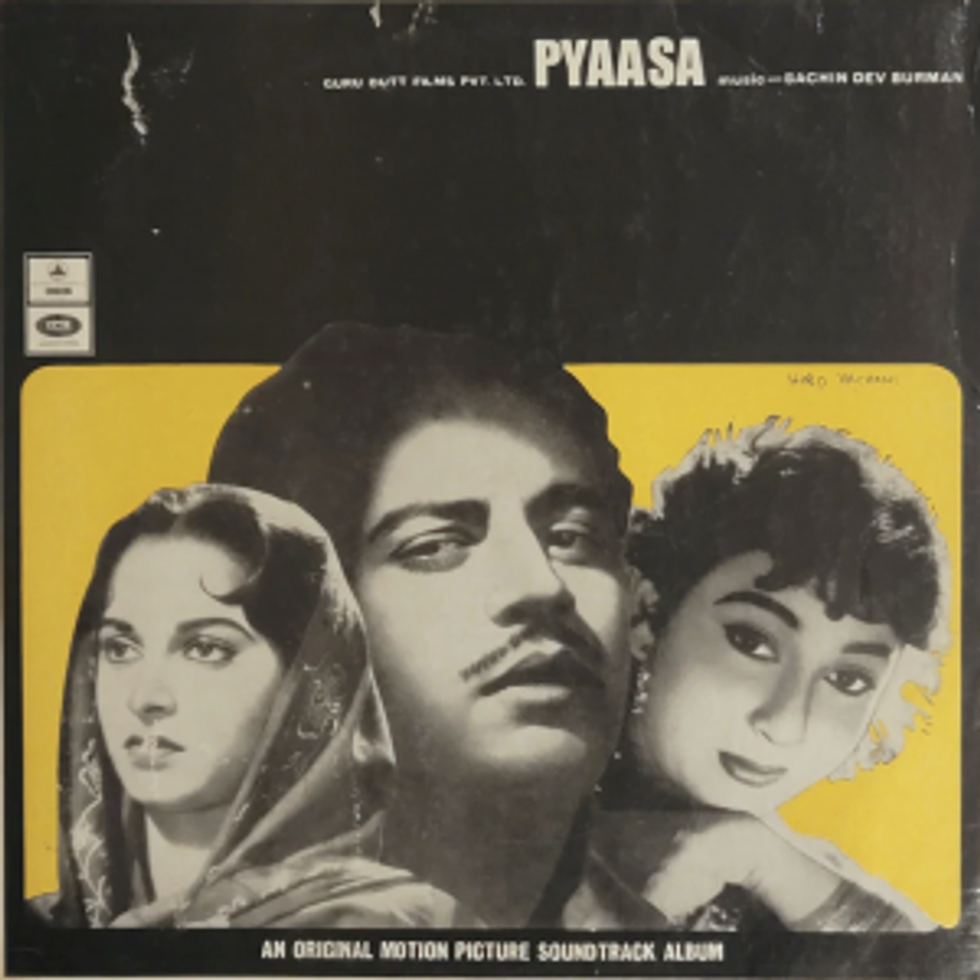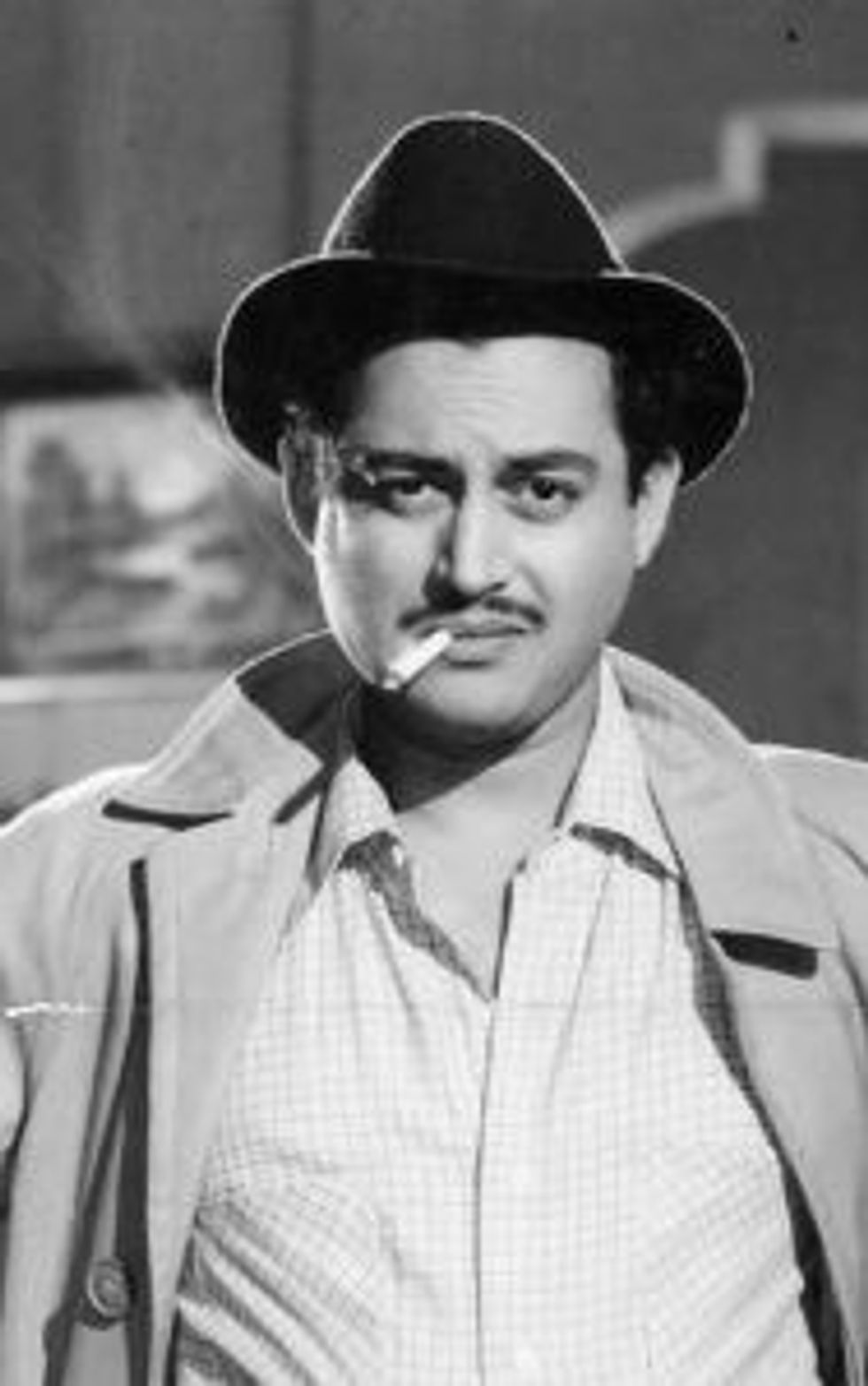Late Bollywood legend Guru Dutt is widely regarded as one of the finest and most influential Indian filmmakers.
He was also a respected actor and left behind a remarkable body of work in a relatively short space of time, including all-time classics, before he passed away on October 10, 1964, at the age of 39.
To mark his death anniversary this week and a forthcoming biopic, Eastern Eye decided to pay tribute to the movie icon by listing the top 10 things that made him memorable.
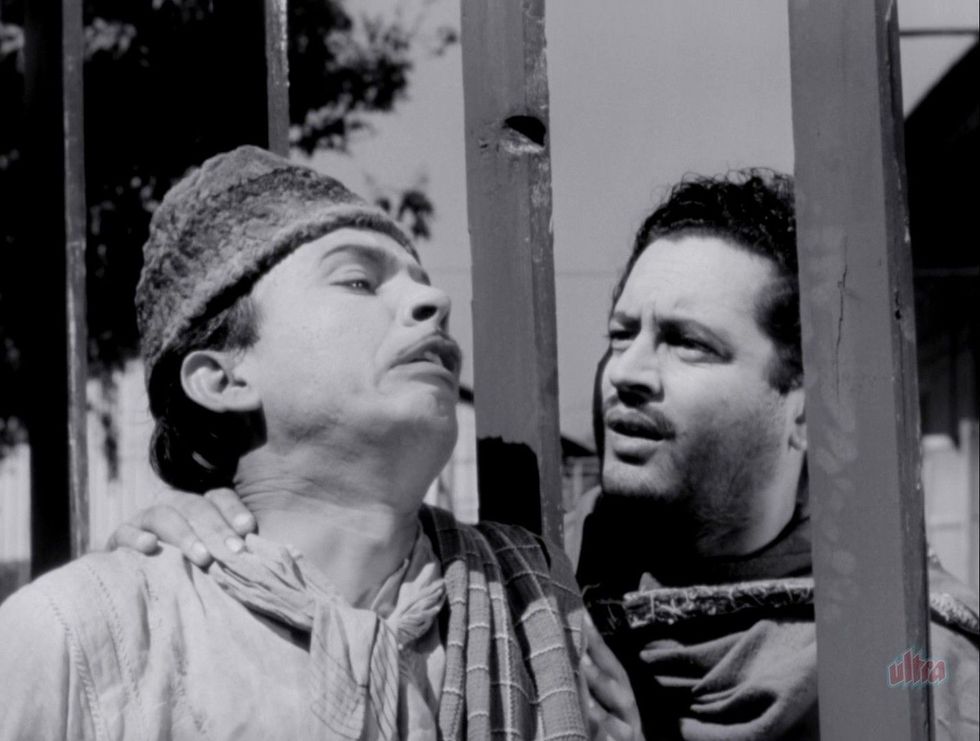
Film masterpieces: Although he was responsible for many cinematic innovations, launched new talent, and delivered winning performances, what ultimately defined Guru Dutt was the impressive body of work he left behind as a producer and director. Some of his all-time classics include his stunning directorial debut Baazi (1951), Aar Paar (1954), Mr & Mrs 55 (1955), C.I.D (1956), Pyaasa (1957), Kaagaz Ke Phool (1959), Chaudhvin Ka Chand (1960) and Sahib Bibi Aur Ghulam (1962).
All-round skills: Dutt started his career as a dance choreographer and evolved into a master filmmaker with extensive knowledge. He added acting to his impressive list of skills, along with having a great ear for music and an expert eye to spot new talent. The all-round ability gave his films an added depth during the golden age of Hindi cinema.
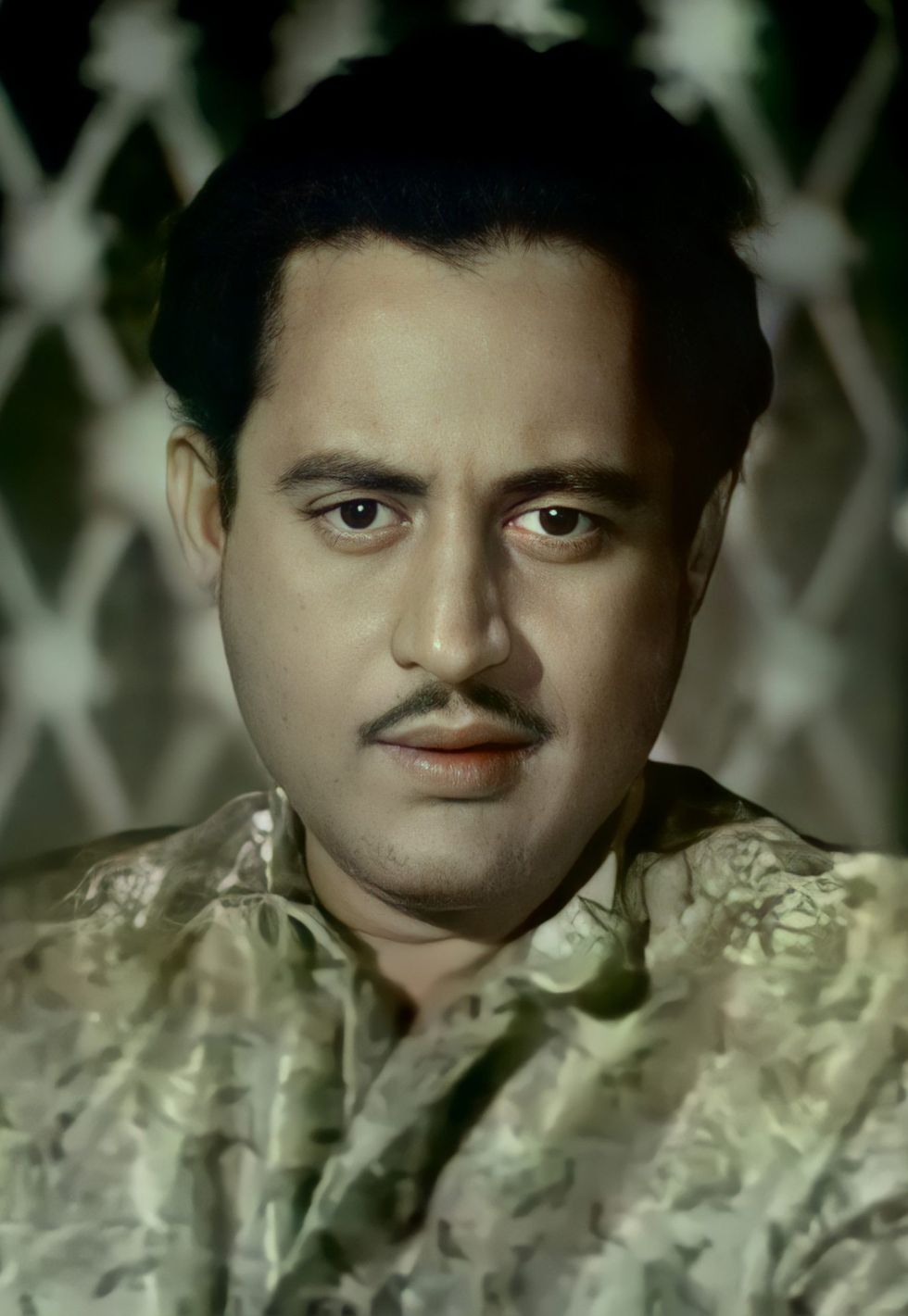
Acting ability: Although he didn’t rate himself highly as an actor, Dutt delivered memorable turns in films like Pyaasa, Kaagaz Ke Phool and Chaudhvin Ka Chand. Although at his best playing characters with inner pain, he was also able to do lighter roles really well. What was remarkable about many of the performances was that he was often directing himself and producing the film.
Directing talent: Although he excelled as an actor and producer, Dutt was at his very best when directing films. He was able to tell great stories and bring out the very best from everyone involved in his films, from singers to all the actors. Sadly, he was crushed by the negative reviews to his masterpiece Kaagaz Ke Phool and never directed a movie again.
Good music: Great stories were central to Dutt’s success, but he also had a ear for music, and this was demonstrated by the winning soundtracks in his films. The many memorable songs include Tadbeer Se Bigdi Hui Taqdeer Bana Le (Baazi), Yeh Raat, Yeh Chandni (Jaal), Babuji Dheere Chalna (Aar Paar), Jaane Kya Tune Kahi (Pyaasa) and the deeply romantic Chaudhvin Ka Chand title track. One of those who greatly benefited from his musical knowledge was legendary composer OP Nayyar, who delivered star-making songs for him. His wife Geeta Dutt sang many of his hit songs.
Innovative techniques: Whether it was incorporating songs seamlessly into the storyline, introducing new camera angles, or tackling taboo subjects, the producer, director, and writer expanded the horizons of Hindi cinema by introducing great innovations. His intelligent filmmaking techniques had a transformative effect, because it inspired others to follow in his giant footsteps. By looking at cinema through a more advanced eye, he made movies that were ahead of their time.
New talent: Whether it was finding behind the camera talents or skilled actors, Dutt was responsible for launching a lot of new stars, some of who went on to become major movie icons. A few of those all-time greats who made their Hindi cinema debut in one of his films included actress Waheeda Rehman, comedy king Johnny Walker and ace director Raj Khosla. He also gifted star-making moments to legends like actress Geeta Bali and singer Geeta Roy, whom he subsequently married.
Keeping it real: When other filmmakers were delivering escapist entertainers and films filled with optimism, he added a realism that was missing to commercial Hindi cinema with characters and storylines. He wasn’t afraid to have a sad ending or present characters, including females, who had a dark side to their personality. This would lay the foundation for a thriving arthouse Indian cinema scene that would evolve a few decades later. Dealing with real human emotions gave his films a timeless quality and why he remains relevant today.
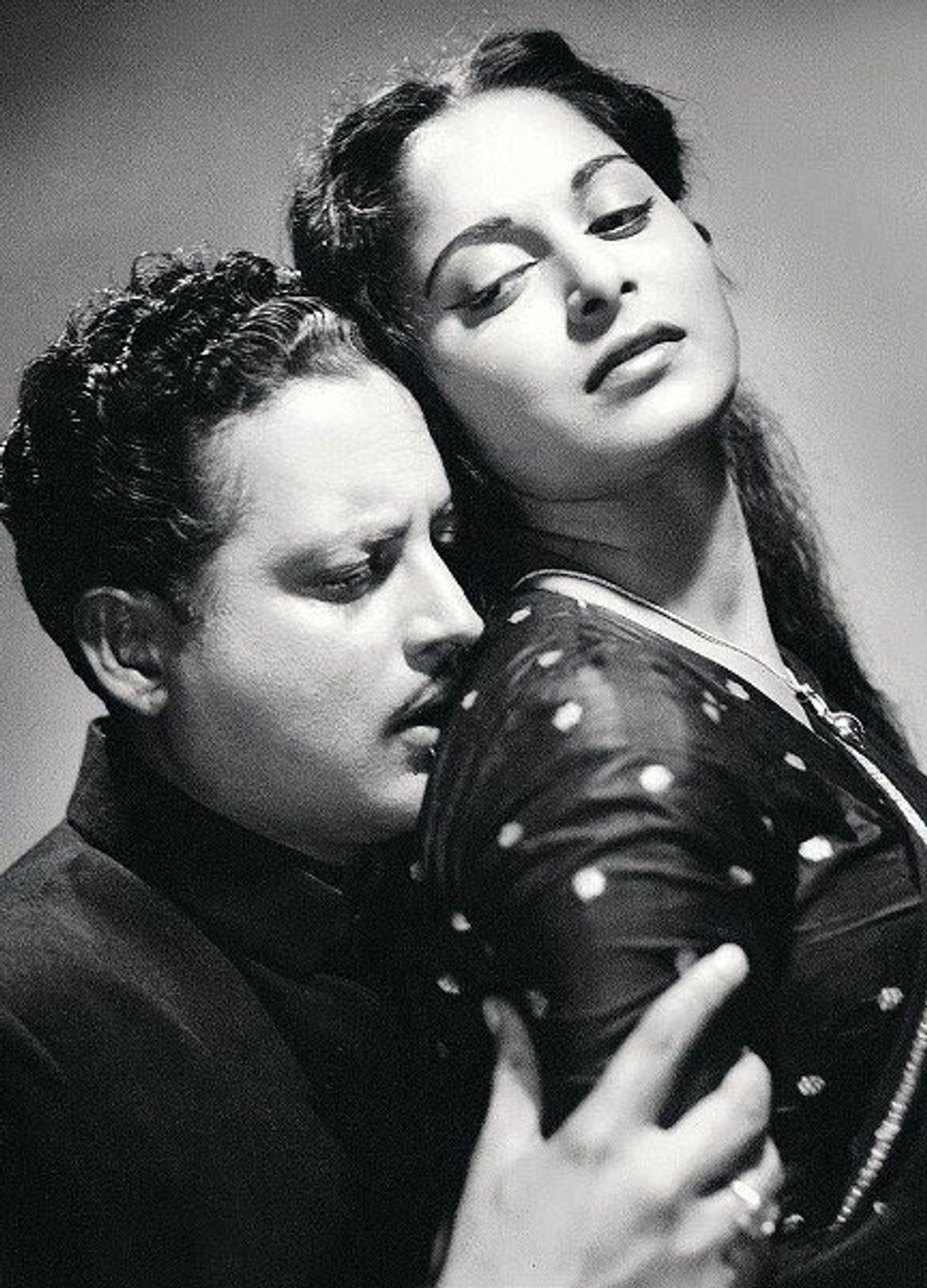
Powerful female leads: If you consider that a number of leading ladies in Bollywood today still find it difficult to get great author-backed roles, what the forward-thinking filmmaker did was remarkable. Females in pretty much all of his films added gravitas. Whether it was the sexy vamp in Baazi (Geeta Bali), the prostitute (Waheeda Rehman) in Pyaasa, the sharp-witted heiress in Mr & Mrs 55 (Madhubala) or the desperate alcoholic (Meena Kumari) in Sahib Bibi Aur Ghulam, he created some of the most memorable female lead characters in history.
Maverick genius: Last, but not least, he was an intelligent rule-breaking genius who did things on his own terms. He turned subjects that shouldn’t have worked into successes and took chances on new talent. By breaking cinema rules, tackling taboos, and doing things on his own terms, he left a permanent mark on the movie landscape that will never be erased. That is why he should never be forgotten.
